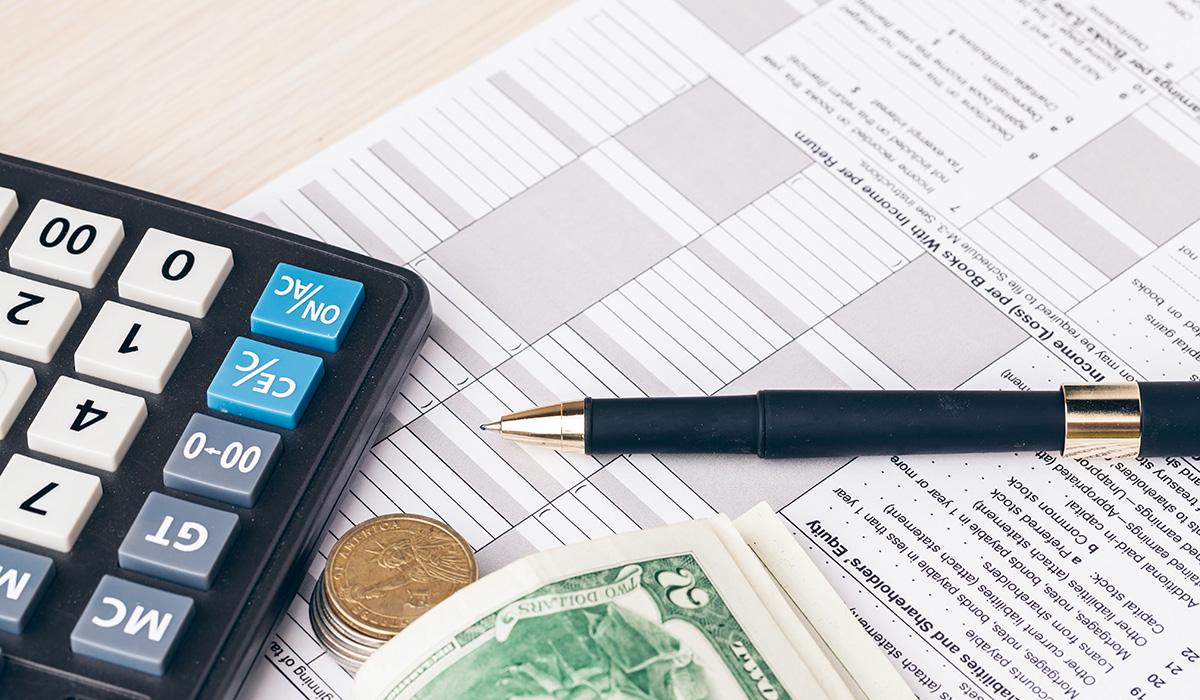Tax Concessions for Intellectual Property Income Ordinance 2024 Gazetted
The Inland Revenue (Amendment) (Tax Concessions for Intellectual Property Income) Ordinance 2024 was gazetted by the government. The “patent box” tax incentive, which offers tax breaks for qualifying profits sourced in Hong Kong and derived from eligible intellectual properties (IP) created through research and development (R&D) activities, is implemented by the Amendment Ordinance, which amends the Inland Revenue Ordinance (Cap. 112).
The Amendment Ordinance mainly covers the following five key areas:
(1) eligible IPs covered are patents, copyrighted software and new plant variety rights;
(2) eligible IPs can be registered in different places around the world and their related profits sourced in Hong Kong can benefit from the “patent box” tax incentive;
(3) the concessionary tax rate is set at 5 per cent, which is substantially lower than the existing normal profits tax rate in Hong Kong (i.e. 16.5 per cent);
(4) eligible IPs must be developed by taxpayers themselves. If the R&D process involves acquisition of other IPs, or outsourcing part of the R&D activities, the amount of profits eligible for the concessionary tax rate may be reduced proportionally; and
(5) enterprises need to obtain local registration for their inventions or new plant varieties in order to enjoy the “patent box” tax incentive. This requirement will only start to implement two years after the “patent box” tax incentive comes into operation.
In line with the national strategy to develop IP, the government has spared no effort in defending IP rights and fostering IP trading. To this end, it has been putting into practice a number of short-, medium-, and long-term initiatives from different angles, such as strengthening the IP regulatory framework, to encourage Hong Kong’s growth as a regional hub for IP trade. In order to guarantee that Hong Kong’s copyright regime stays strong and competitive, the Government will shortly hold a consultation to investigate further enhancing the pertinent protection offered by the Copyright Ordinance. This is due to the copyright issues arising from the rapid development of artificial intelligence technology.














